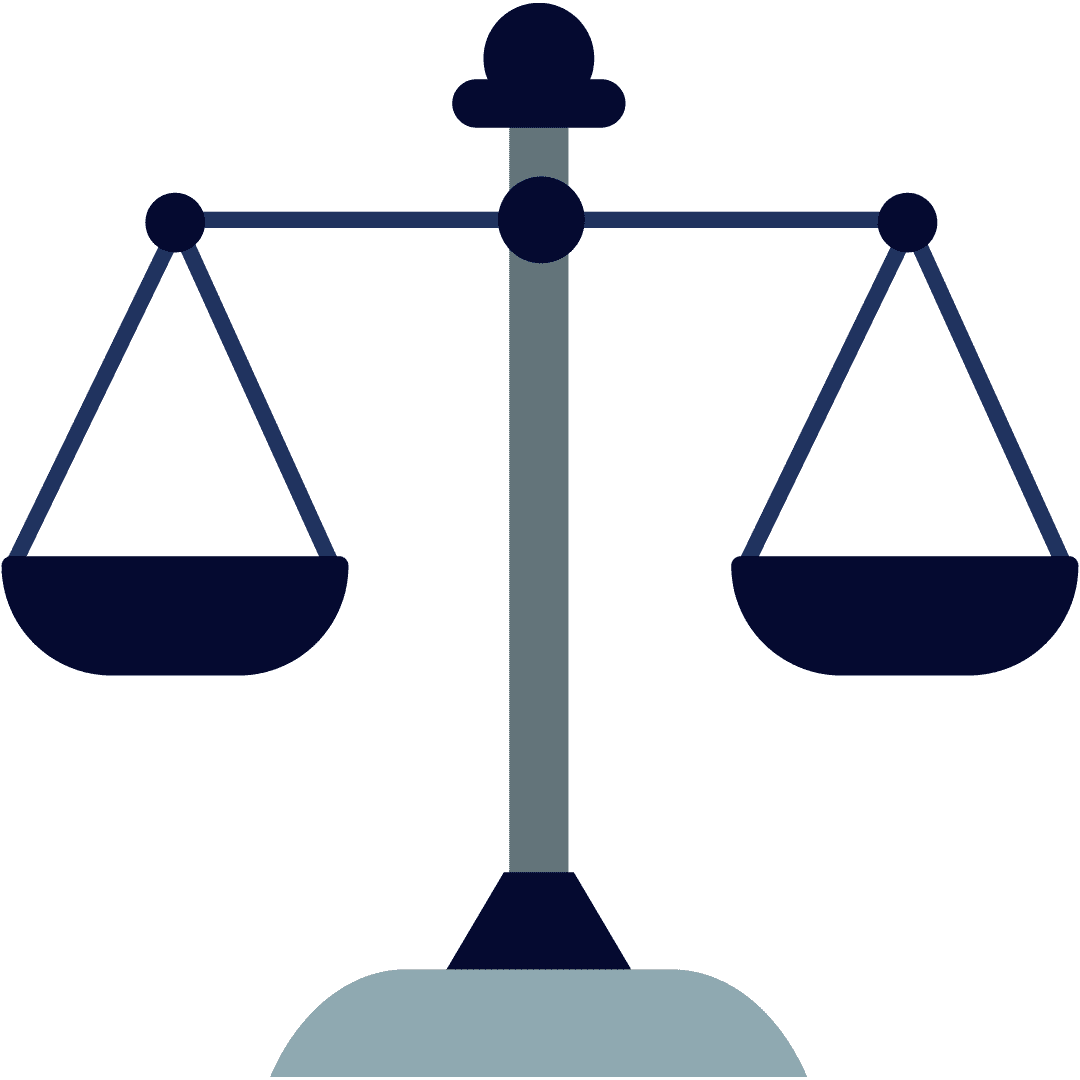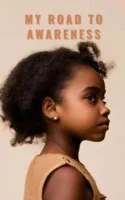I recently saw a post on Twitter/X asking readers what moment radicalised them. Radicalise is such an intense word. I’d like to rephrase the question: When did you know that the world is unfair and that you should do something about it? This article is my story. My answer to this question. With elections coming up, I hope that this story helps you remember when you realised that you have the power to do something to make the world a better place.
I was born in Coronationville Hospital in 1993. Coronationville Hospital was the designated hospital for Coloured people under Apartheid. It didn’t matter that my mother lived closer to another hospital; she had to give birth at Corrie. My grandfather was a porter at the hospital when I was born, and he was the first person (not including my mother) to see me after I made my dramatic entrance into the world. There I was, the first person with albinism in my family, born to an 18-year-old who was still in school. It was an event. One could say that this is where my story began.
My circumstances radicalised me right out of the womb. I was born Coloured, a girl, into a working-class family and with a disability. My life was political, whether I wanted it to be or not. It was predetermined and decided by the systems called racism, misogyny, capitalism, classism and ableism. These systems that run the world created barriers that would keep me out of certain spaces; they created hoops and hurdles that I would need to jump over and through. They were systems that had shaped my past and were quickly writing out the path to my future. But I would not know this yet. I am still a baby in a neonatal ward, waiting for my life to begin.
After leaving Corrie, I was headed to the place that would both break me and make me- Eldorado Park. Eldorado Park is a township southwest of Johannesburg. It was formed in 1965 as a location specifically for Coloured people under the Group Areas Act. Eldos was the answer to forced removals in Sophiatown and Kliptown. It gathered a group of people who had to navigate this new identity- being Coloured- after ripping them from homes they made for themselves and telling them to make a life.
Eldos had been around for a while by the time I was born. It had already garnered its reputation as a violent place filled with gangsters and police helicopters. I was born into the Majimbo era, a time when car theft was the racket of choice in the neighbourhood. We had helicopters and gunshots greet us often. Eldos was also a place with a strong sense of community. We helped each other out, gave each other food, raised each other’s children, and shared each other’s pain. Such is the duality of the township; it brings out the best and worst in people.
A township is also a place where people are radicalised. You see inequality and systemic oppression laid bare when you live in a township. You see the ugly face of capitalism and racism. Seeing people having no money and no means of making real money. Growing up in Eldos made me want to fight to reverse the injustices of forced removals and systematic poverty. I saw firsthand that hard work is not a prerequisite to being rich. I lived among the most hard-working people on the planet, factory workers, artisans, bank tellers, and domestic workers, who were robbed of a chance to live a comfortable life by capitalism and racism.
The story goes that my grandfather walked from Westbury to Eldos, which, according to Google Maps, is 21.2km to get our family a house. This house, which I would eventually grow up in, was our first family home after my grandparents had been living in different places and with different people all around the west of Johannesburg.
My grandfather was a very smart man who happened to be born to a poor Coloured mother and a Tswana father in 1931, in the segregation-era South Africa. His future was determined by his parentage, his class and his race because the year he turns 17 is the year that the National Party wins the vote and what little freedom he thought he had gets taken away violently and without warning.
This is the man that would give me my first conscious awareness of the inequalities of this world. As a child, I spent much time with my grandfather, watching TV and listening to his stories. He told me about the anti-Apartheid struggle and everyone who made freedom possible in South Africa. My grandfather gave me hope that the world could get better; he also told me that it’s something I need to fight for actively. The world doesn’t get better on its own. We make it better. We make it better by participating in the fight for social justice, exercising our right to vote, raising our voices against inequality, and refusing to live in a world that is only great for some.
QUESTION: So today, I ask you, when did you know that the world is unfair, and what made you want to start doing something about it?



